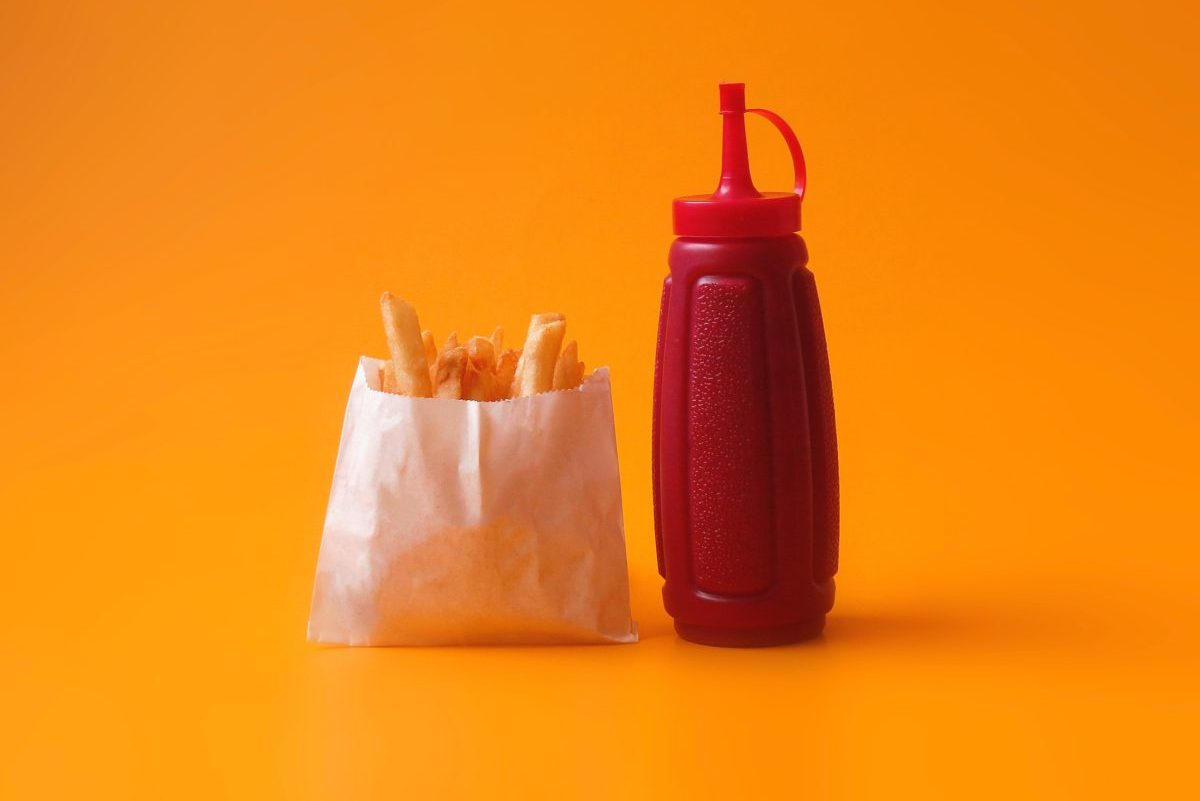Could A Poor Diet Lead to Blindness? Here’s What Expert Are Saying

Photo by Miguel Andrade on Unsplash
A 14-year old boy in the UK went to his doctor and explained that he was tired. He was a “fussy eater” but was otherwise healthy and was not on any medication. He had a normal BMI and height, and no visible signs of malnutrition. Initial tests showed he was anemic (macrocytic anemia) and had low vitamin B12 levels, which were treated with B12 injections and dietary advice. So why is it that, one year later, hearing loss and vision symptoms had developed?
The Study
Published in the journal Annals of Internal Medicine, University of Bristol researchers set out to examine the case. By age 17, the patient’s vision had progressively worsened, to the point of blindness. Further investigation found the patient had vitamin B12 deficiency, low copper and selenium levels, a high zinc level, and markedly reduced vitamin D level and bone mineral density. “Since starting secondary school, the patient had consumed a limited and poor diet of chips, crisps, white bread, and some processed pork. By the time the patient’s condition was diagnosed, the patient had permanently impaired vision.”
Researchers concluded that the patients “junk food diet” and limited intake of nutritional vitamins and minerals resulted in the onset of nutritional optic neuropathy (NON). NON is a dysfunction of the optic nerve resulting from improper dietary content of certain nutrients essential for the normal functioning of the nerve fibers.
Dr Denize Atan, the study’s lead author and Consultant Senior Lecturer in Ophthalmology at Bristol Medical School and Clinical Lead for Neuro-ophthalmology at Bristol Eye Hospital, said: “Our vision has such an impact on quality of life, education, employment, social interactions, and mental health. This case highlights the impact of diet on visual and physical health, and the fact that calorie intake and BMI are not reliable indicators of nutritional status.”
Source: University of Bristol. “Poor diet can lead to blindness, case study shows.” ScienceDaily. ScienceDaily, 3 September 2019. <www.sciencedaily.com/releases/2019/09/190903091437.htm>.
Core Nutrition
Today, about half of all American adults have one or more chronic diseases, often related to poor diet. Dietary guidelines released by the USDA provides oversight into creating healthy eating patterns to maintain health and reduce the risk of disease. Here is a general overview of the guidelines. To view the full guidelines, please click here.
- Make half of your plat fruits and vegetables
- Make half of your grains whole grains
- move to low-fat or fat-free milk or yogurt
- Vary your protein routine
- Drink and eat less sodium, saturated fat and added sugars
To take your core base of nutrition to the next level, speak with an InVite® certified nutritionists about the vitamins and supplements you should be adding to your diet. The first that may be recommended is a superior Multivitamin.
We live in an increasingly polluted environment, loaded with toxins; the soil we grow our food in is often nutrient-depleted and many consume processed, factory-made foods supplying scant nutrients. Ironically, our bodies wind up requiring even more vitamins and minerals to effectively metabolize nutrient-depleted foods. Add that depletion with less time spent outdoors, minimal exercise, prescription drugs and medications, and chronic stress, and the result is that many individuals are truly nutritionally deficient. For these reasons, healthcare professionals are advising their patients to start taking a safe, reliably-made, high-quality multivitamin mineral formula on a daily basis to fill the nutritional deficits in their diet.